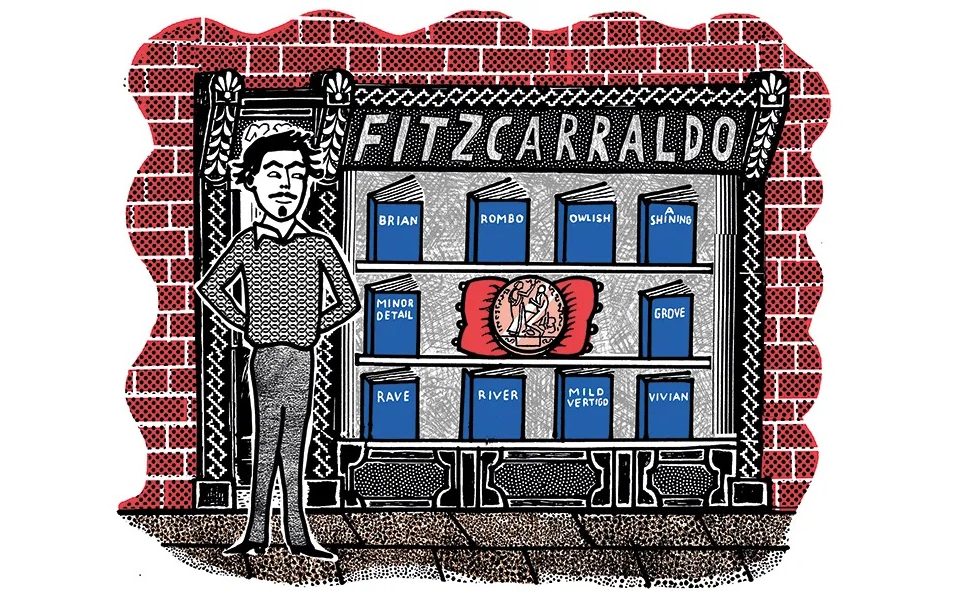Sweden may soon have a center-right prime minister — an unusual turn of events for a country in which the Social Democrats have won nineteen of the last twenty-four elections. Ulf Kristersson, leader of the Moderate Party, is now set to take power. “I am now starting the work of forming a new, effective government,” he said. “A government for all of Sweden and all citizens.”
But it’s a government that is not really due to his success: his party, the Moderates, actually lost ground in the election and finished third for the first time in decades. He is preparing for power thanks to the success of another party: the anti-immigration Sweden Democrats.
You might have heard of them: a party often described as “neo-fascist” or “far right.” Their roots are indeed more problematic than those of many anti-establishment parties in Europe given that they sprang from a genuinely extremist movement. But their agenda now cannot be described as right-wing extremism. And they had one great advantage: for many years they were the only party to criticize Sweden’s immigration policy. It’s not racist, they insisted, to discuss what’s going wrong, and this is a view that was increasingly widely shared.
For the best part of a decade, as gang-related gun crime and grenade attacks escalated across Sweden, the SD had a near-monopoly on the hottest topic in the country. It’s no real surprise then that they are now Sweden’s second-biggest party with 21 percent of the vote, the most successful movement of this sort in Europe. And although they may now lend their votes to a Kristersson coalition, it’s far from certain that they want to help him govern.
In fact, being in government might seriously compromise their progress. For the first time, they would be held accountable by voters for all the things they rail against: the unchecked migration, shootings, bombings. These are not the sort of problems that can be tackled during one four-year term in office — and the SD have long positioned themselves as outsiders.
How bad are they really? The SD are certainly not authoritarian nationalists of the Hungarian or Polish sort. This is a very Scandinavian nationalism, markedly liberal on many lifestyle issues. But one big problem is the rank-and-file members, and some of the candidates, who have a habit of being caught behaving badly, or expressing racist views. On election night, an SD candidate caused uproar by appearing to say (or almost say) the Swedish equivalent of “sieg heil.”
Yet the real recruiting sergeant for the SD is not their rhetoric, but Swedish reality. For the first time ever in an election, crime emerged as the top priority among voters. But this is only to be expected, given that Sweden has Europe’s highest rate of gun murders and an epidemic of bombings with no equivalent or precedent anywhere else in the West.
Since the last election year, 2018, there have been almost 500 bombings (including hand grenades) and endless stories of gangland killings. Children have been caught in the crossfire. Shootings are a regular part of Swedish life and the system cannot cope. Take this summer’s killing of a man in a gym by a sixteen-year-old Armenian. The killer fled to Armenia but was somehow granted Swedish citizenship as he hid out. To put it politely, this points to serious flaws in the system.
At least two bombs were detonated in the week before the election, and another was found at a music festival in Stockholm. Sweden’s police never trained for this kind of problem. They find themselves dealing with a society within a society, one they struggle to penetrate.
Police say there are now at least sixty immigrant neighborhoods over which they have little control. Some 300 officers were injured when massive riots broke out in these areas in the spring, and Sweden’s chief of police has warned of a “brutality we haven’t seen before.”
Then there’s so-called “honor oppression,” a barbaric shadow system that is now part of Swedish life. One study shows that as early as 2017, some 240,000 children and youths were feared to be living under “honor-related family norms.” Yet until a few years ago, it was taboo to state the blindingly obvious: that Sweden has taken in more migrants than it has been able to integrate.
It took the established parties far too long to arrive at that conclusion. For decades, governments to the left and right pursued a uniquely liberal open-door immigration policy, even though it lacked public support. The foreign-born population has doubled to 20 percent over the past two decades. We took in more people per capita during the 2015 immigration wave than any other country in Europe. How on earth did anyone imagine that a country our size could integrate so many people from such different societies?
For years, the traditional parties formed a pro-immigration cartel, staying silent on topics that the public wanted urgently to discuss. The SD were the only party opposing large-scale immigration.
The Social Democrats spent much of the campaign asking Swedes to imagine the horror of a right-wing government backed by the SD, but much of the electorate didn’t find this horrific. First-time voters will have grown up seeing the party as part of the political furniture. As the daily newspaper Expressen put it, the Swedish left wanted to make this election into a referendum on the Sweden Democrats — “and the Sweden Democrats won.”
So Sweden, which had the highest levels of immigration in Europe, now has perhaps the most successful anti-immigration, anti-establishment party on the continent. This should be a lesson to European progressives and conservatives alike.
This article was originally published in The Spectator’s UK magazine. Subscribe to the World edition here.

























